Resistance stars Jesse Eisenberg and tells the true story of how mime artist Marcel Marceau helped orphaned Jewish children to safety in the second world war. I had no idea. I had only ever thought of Marceau as ‘Bip’, who will live on for ever in my nightmares. (God, mime.) But while the story is remarkable, the film is considerably less so, veering between overtelling and undertelling, wavering in tone and never properly coming to any kind of life. If I had to do this review in mime I’d probably be miming nodding off on the sofa but, then again, I’m pretty sure I did that for real.
Written and directed by Jonathan Jakubowicz, the film opens in 1938, first in Munich, where we see a young Jewish girl, Elsbeth (Bella Ramsey), witnessing her parents being murdered by the Nazis. And then it’s a swerve in tone to Strasbourg in France where Marcel Mangel, as he was then, works in his father’s kosher butcher shop by day and performs Charlie Chaplin routines in a brothel by night. Isn’t he a bit old to be starting out on his stage career?, I thought.
I scurried to Wikipedia and now know that Marceau would, in fact, have been 15 at this time, so Eisenberg, at 36, is more than two decades out, which wouldn’t matter, except it does, especially when he appears in a scout uniform and gambols around in little shorts. It’s weird and creepy and will freak you out. (He has his eye on a pretty local lass, played by Clémence Poésy, who is even older. When they are later caught kissing in the street, a police officer threatens to tell her father, and I’m thinking: they’re both approaching 40!)
But back to the narrative, and the nearby castle where children like Elsbeth are holed up. Implored by his family to become less ‘selfish’, Marceau opts to help out by entertaining them. As if they haven’t been traumatised enough.
Then, after the invasion, they all flee to Limoges, which is under Vichy rule, but how they got there — it’s a distance of 450 miles — with all those children in tow is never explained. It often feels as if some crucial scene is missing. Ditto when they walk over the Alps into Switzerland with no provisions whatsoever.
On the other hand, the exposition can be horrible. ‘One extremely popular leader is preparing the most powerful army in the history of Europe to conquer a neighbouring country,’ a Strasbourg resident explains. Marcel, meanwhile, becomes wholly unselfish overnight — or so it seems — joins the French Resistance, discovers he has a gift for forging passports, and also torches a Nazi in a scene that is plain ludicrous.
The saddest part of all this is that even though it is true it never feels true. There are unnecessary, imagined subplots, including one relating to Klaus Barbie (Matthias Schweighöfer) that is so graphic it’s wholly at odds with the Sound of Music vibe of the rest of the film. There is no character shading. Everyone is either virtuous or evil. There’s some dubious theorising as to why Jews are hated. (Because they are ‘emancipated slaves?’) And as for the accents, well. All over the place doesn’t get near it. The French speak English with French accents unless it’s Eisenberg, who speaks English with a French accent via an American accent. Eisenberg is usually a fine, thoughtful actor but here he flounders, and seems like a lost New Yorker — and why is he still a scout? Also, he’s crap at mime — even I could wipe away an imaginary tear better! — but, on the plus side, he never pretends to be trapped in a small box. So there is that, at least.
Got something to add? Join the discussion and comment below.
Get 10 issues for just $10
Subscribe to The Spectator Australia today for the next 10 magazine issues, plus full online access, for just $10.
You might disagree with half of it, but you’ll enjoy reading all of it. Try your first month for free, then just $2 a week for the remainder of your first year.

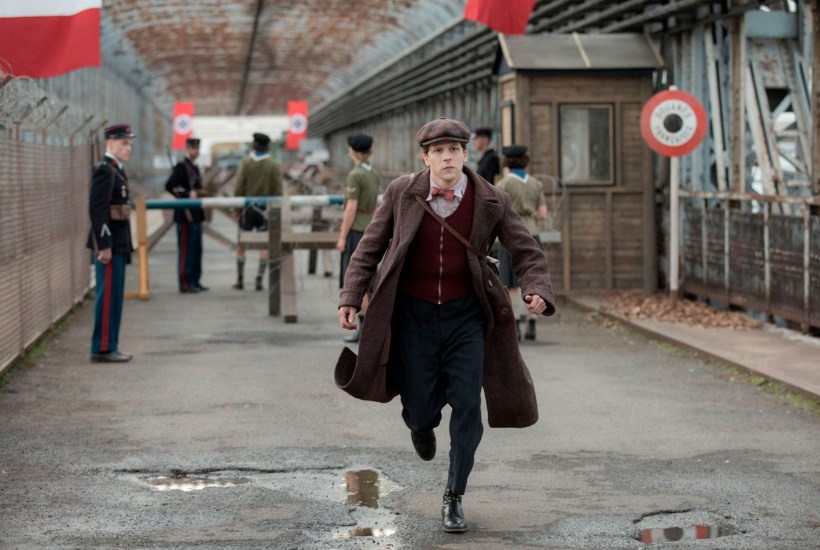
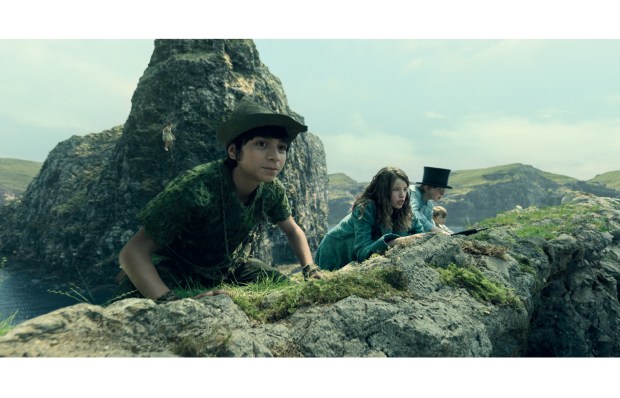
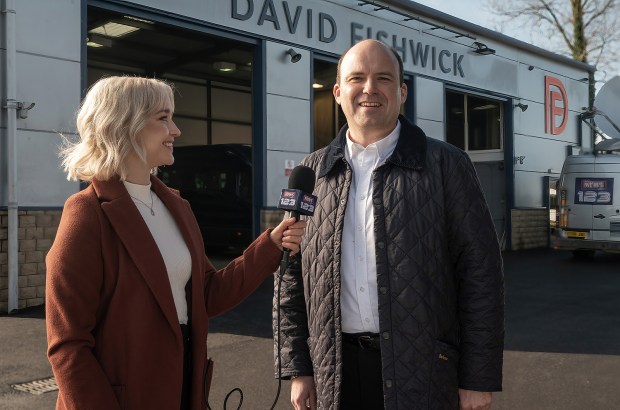
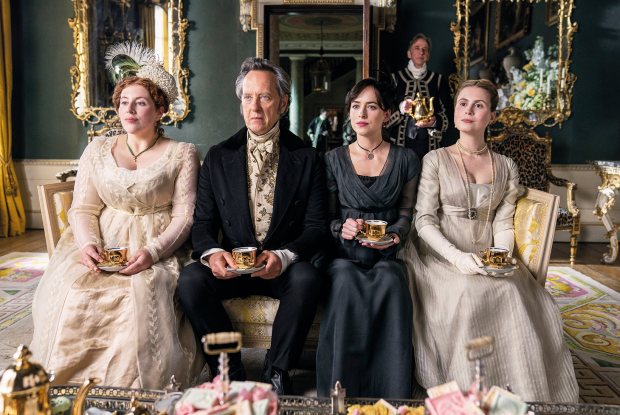

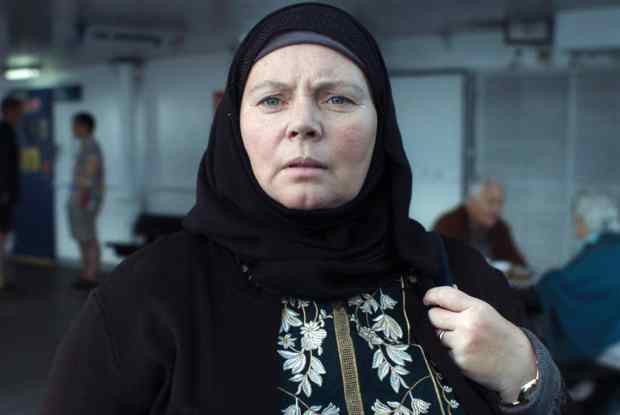
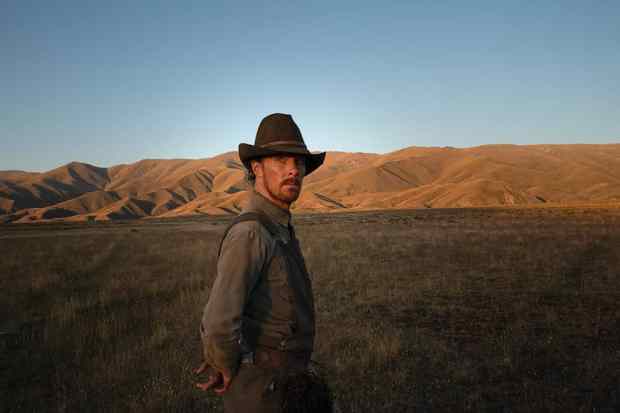






Comments
Don't miss out
Join the conversation with other Spectator Australia readers. Subscribe to leave a comment.
SUBSCRIBEAlready a subscriber? Log in